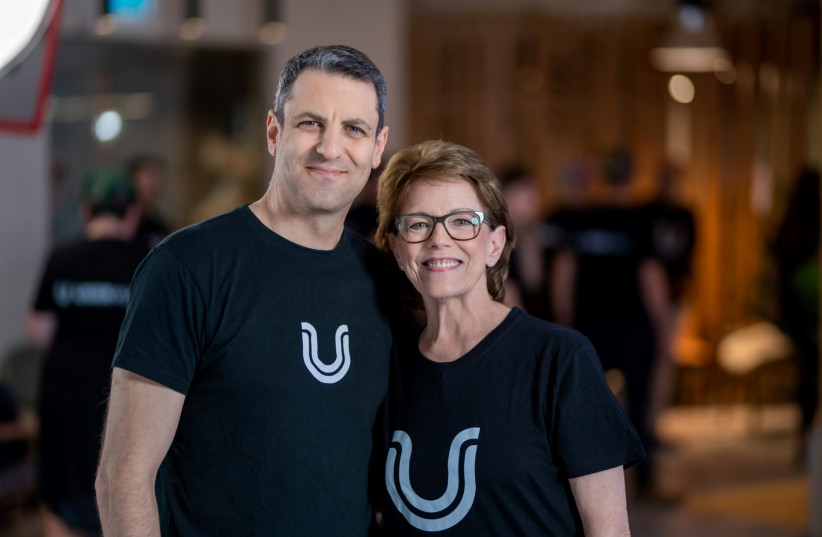UserWay, the Israeli web accessibility company, is launching a campaign featuring the voice behind the original Siri, voice actress Susan Bennett. The campaign focuses on spreading awareness about web accessibility and bringing light to the critical importance of an inclusive web.
UserWay’s platform simplifies a website’s ability to become fully accessible and ADA (Americans with Disabilities Act) compliant by embedding a single line of code. That one line of code could make a significant improvement in the quality of life for the 15% of the global population who have some sort of disability.
The UserWay widget has been installed on more than one million websites and is relied on by more than 60 million users with disabilities.
This campaign will be a continuation of collaboration between UserWay and Bennett, when a YouTube video last year garnered around 10 million views on YouTube. The company plans to release more content this month to coincide with Global Accessibility Awareness Month, culminating May 19 on Global Accessibility Awareness Day.
The idea to reach out to Bennett made perfect sense to UserWay founder and CEO Allon Mason.

“We are always looking for new ways to creatively promote accessibility, and working with Susan felt like the right move,” he said. “Not only is she a voice that everyone knows, but Siri is also one of the most helpful tools when it comes to Web accessibility. Voice activation is a huge aid for so many people navigating websites that we felt compelled to include her in our narrative.
Bennett said: “I’m all for anything that helps people. Most people who aren’t disabled don’t even think that disabled people can’t access websites. To find out that UserWay has one line of code that you put on your website and all of a sudden it’s accessible to everyone was just very convincing.
“It just seemed like a perfect fit,” she said. “In many cases, disabled people already recognize my voice because I’ve done a lot of recordings for [various projects]. After I first revealed myself as Siri, I got a lot of communication from blind people, in particular, saying, ‘Oh, we know you as Samantha from our voice system.’”
When Siri was first created, Bennett had no idea her voice was being used for the project until a friend experimenting with the then-novel app pointed it out to her.
“It took me almost two years to reveal myself as the original voice of Siri because I knew that it was going to affect my career in voice acting,” she said.
For fear of pigeonholing herself, Bennett remained hesitant to reveal herself as the iconic app’s voice.
“Once you become associated with a certain character, then people just think of you as only that character,” she said. “My husband and my son were both pestering me for all those months. They just said, ‘You’re crazy. You’re missing out on a really great opportunity,’ and one day I just said, ‘Okay, let’s just do it.’”
Once she came out as Siri, Bennett was inundated with offers for similar projects.
“Siri was a life lesson for me,” she said. “What I learned from her is not to be afraid to take some risks. Go ahead and jump, and many times the universe has your back completely. That’s what happened with me. I ended up doing a lot of really fun projects and meeting a lot of really interesting people and ultimately ended up working with UserWay.”
Mason said: “Making digital content accessible is something that’s really near and dear to our hearts. We’re seeing more companies and more enterprises increase awareness around this topic and adopt UserWay technologies and other accessibility technologies. We’re really at the beginning of our journey here, and we have a lot of work ahead of us. We’re happy to be partnering with Susan on some of that.”
